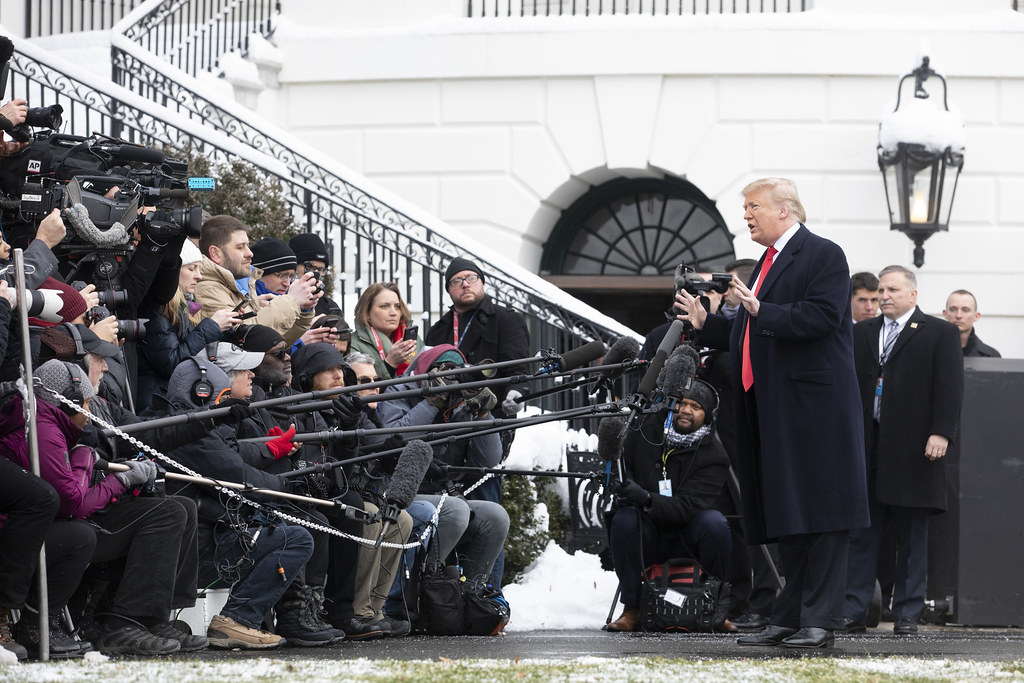Key Takeaways:
- Eastern District of Virginia prosecutor was replaced by Donald Trump’s ally.
- That district now plans a Comey indictment over alleged lies to Congress.
- Experts question how Virginia can charge testimony given remotely during COVID.
- Political reactions split, even some critics of Comey feel conflicted.
It has been less than a week since President Donald Trump’s loyalist, Lindsey Halligan, took over the Eastern District of Virginia. Now that same office may announce a Comey indictment. This news stunned many legal and political observers. They never expected a former FBI director to face charges in Virginia.
Why a Comey indictment in Virginia?
It all began when James Comey testified to Congress in 2020 about Russian interference in the 2016 election. He did this hearing during the COVID pandemic. So witnesses appeared from home over video. Now prosecutors in Virginia claim he lied under oath. Yet U.S. Attorney Jeanine Pirro has jurisdiction over cases in Washington, D.C. That raised a big question: how can Virginia charge Comey for remote testimony?
Questions about jurisdiction
Legal analysts find the plan strange. For example, Brookings Institution senior fellow Molly Reynolds said she never thought someone could face a fraud charge for a remote congressional statement. She spent years studying pandemic-era calls but never flagged this issue. Meanwhile, some argue federal law clearly ties congressional testimony to D.C. jurisdiction. Therefore, a Virginia court may struggle to hold authority over Comey’s words.
Legal experts weigh in
Moreover, international relations professor Nicholas Grossman warned that this move shows a corrupted Justice Department. He said the president may use frivolous prosecutions to punish critics, even those who simply upheld the law. However, he also argued the effort will waste limited resources and face an uphill battle in court.
National security analyst Marcy Wheeler pointed out that James Comey once faced a politically motivated probe by special counsel John Durham. That investigation ended without charges after Durham chased false leads for two years. Wheeler noted that Durham’s failure did not stop Trump loyalists from hunting Comey again.
Political reactions
This potential Comey indictment split opinions across the political spectrum. Many on the left blame Comey for his decision to announce an FBI probe into Hillary Clinton’s emails just days before the 2016 election. Lincoln Project co-founder George Conway vented his frustration: “Motherf—ers. And I don’t even like Comey.” On the other hand, MSNBC columnist Michael A. Cohen wondered if he’d have to back Comey now. He wrote, “Is the Trump administration really going to make me support Jim Comey, the person singlehandedly responsible for the political nightmare of the past ten years?”
What’s next for the Comey indictment?
At this point, the Eastern District of Virginia may soon unseal an indictment against James Comey. If prosecutors proceed, they must answer tough legal questions. First, they need to prove they have proper jurisdiction. Second, they must show that Comey knowingly lied in his remote testimony. Finally, they must overcome the high burden of proof in a federal court.
Furthermore, any case will likely move slowly. Defense attorneys will file motions challenging venue and authority. They may argue that only Congress has the power to punish false statements under oath. In fact, the House Ethics Committee or the Justice Department in D.C. might handle such matters, not Virginia.
Meanwhile, the political fallout could grow. If charges appear frivolous, critics will cry abuse of power. If charges stick, this could chill future congressional testimony. Lawmakers may hesitate to invite witnesses or enforce strict rules for remote appearances.
The road ahead
In the end, the Comey indictment could reshape how we view presidential influence over prosecutors. It might also set a new precedent for charging remote testimony. Regardless of the outcome, this high-profile case will draw national attention. It will test the limits of jurisdiction, fairness, and the rule of law.
For now, we wait as the Eastern District of Virginia readies its next move. Will charges be filed, or will legal hurdles stop the case? Observers across political lines will watch closely as this unprecedented saga unfolds.
Frequently Asked Questions
What could happen if James Comey is truly indicted?
An indictment would kick off a criminal trial. Defense lawyers would challenge venue and jurisdiction. If convicted, Comey could face fines or prison time. Yet, appeals could drag on for years.
How unusual is charging someone for remote testimony?
Charging lies in virtual hearings is extremely rare. Legal experts say jurisdiction issues make such cases complicated. This may be the first high-profile example.
Why do some experts doubt Virginia’s authority?
Because Comey’s testimony happened during a pandemic over video, the location of the “oath” is unclear. Federal law generally ties false statements to the district where testimony occurs. That was Washington, D.C.
Could this case change how Congress holds witnesses?
Yes. Lawmakers might set stricter rules for remote testimony. They could demand in-person oaths or specific venues. This case could push new rules to prevent legal confusion.
